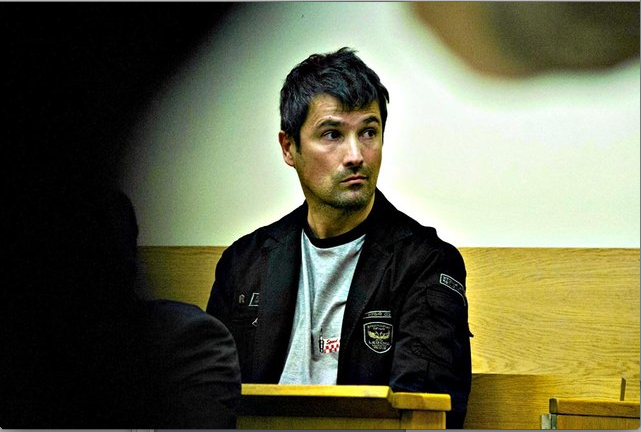Amnesia and remorse: how much should we expect?

When people do bad things – especially when they cause a lot of harm to others – we usually hope that they will experience something like remorse: that they will feel horror at the thought of what they did to the person harmed, that they will resolve to avoid causing similar harm in the future, and that they will be motivated to apologise and offer reparation, where possible. Penal systems in some jurisdictions deem remorse so important that it is considered a valid reason to mitigate the amount of punishment the offender receives. But, what happens to our expectations for emotion if the person cannot remember committing the offence; if he feels so detached from it that it is as if he did not commit it? An interesting case from Poland raises this question.
Maciej Zientarski was a celebrity driver on a TV programme similar to our Top Gear. On the 27th February 2008, accompanied by his motor journalist friend, he was given a Ferrari to test drive. The test drive didn’t end well. CCTV cameras captured footage of the car being driven at speeds of between 140-150kph along a 50kph road, serial over-taking, and the eventual head-on smash into the pillar of a bridge above. The motor journalist died at the scene but the driver, remarkably, just about survived. Read More »Amnesia and remorse: how much should we expect?
